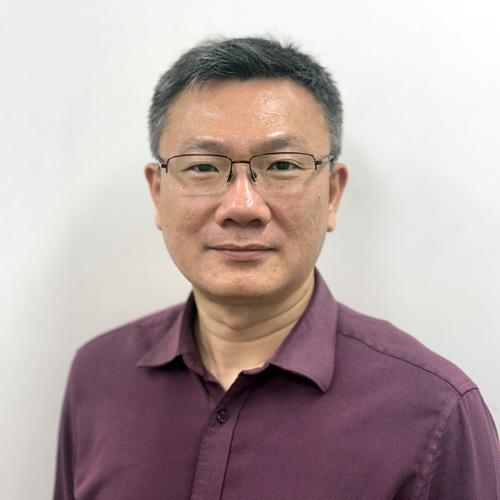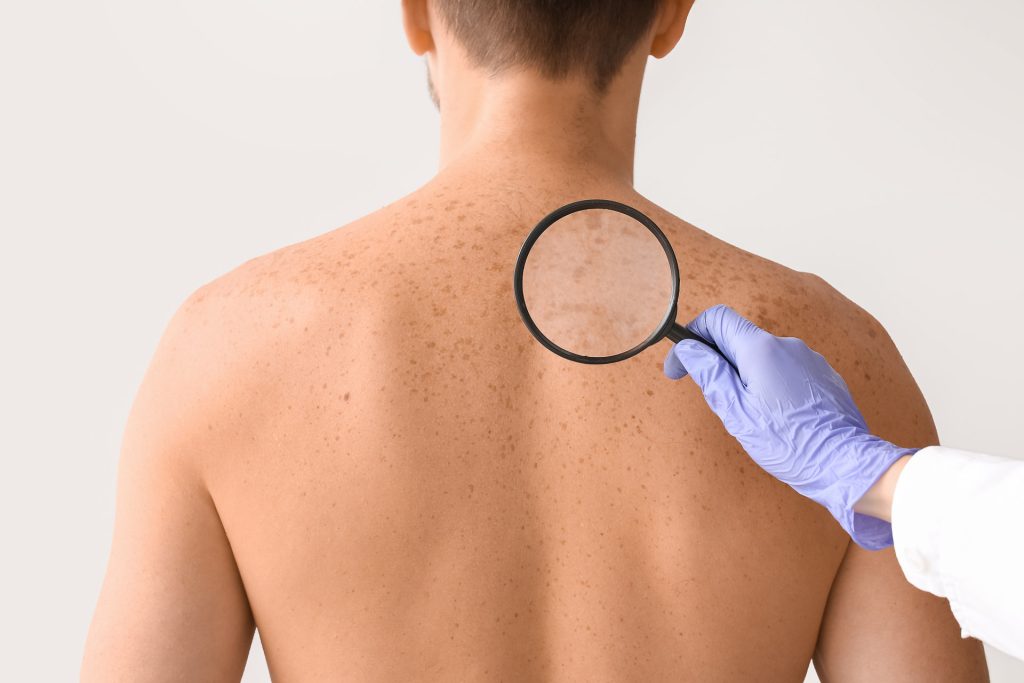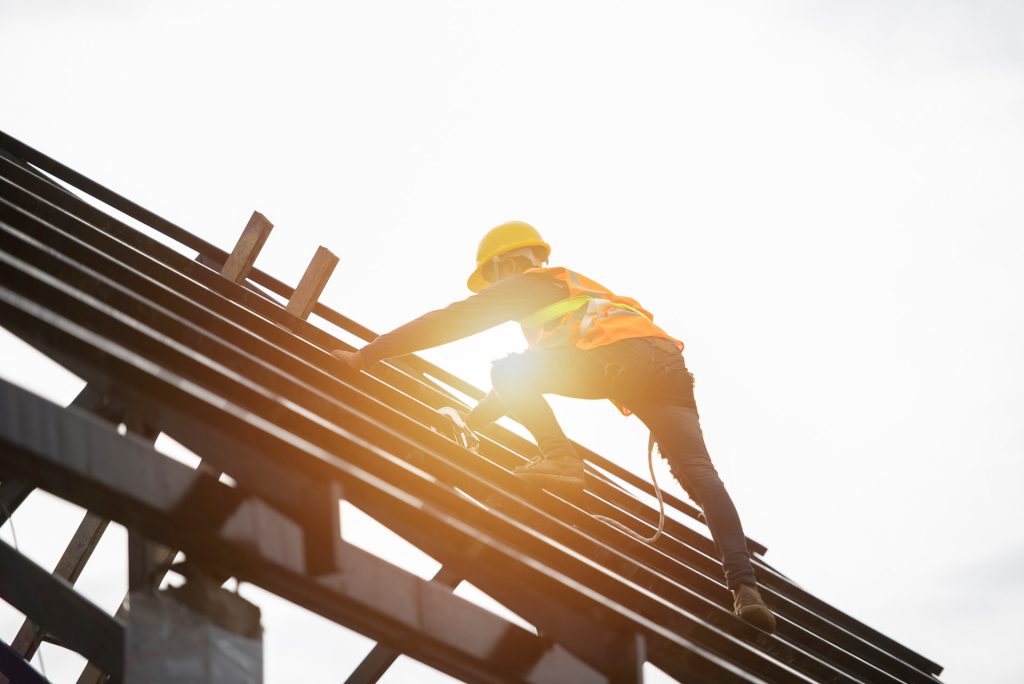Mona Vale

Comprehensive Skin Cancer Clinic located in Mona Vale on the Northern Beaches
Regular checks and early detection is vital in treating all types of skin cancers, utilising the latest imaging technology to identify and monitor suspicious areas. Onsite pathology services and treatment options are available through this clinic, making it the perfect choice for managing the health of your skin.

Dr Sarah Wahid
Skin Cancer Doctor

Dr Yu "Mack" Deng
Skin Cancer Doctor
Dr Deng completed MBBS in 2002 and became a Fellow of the RACGP in 2017.
Dr Deng has undertaken advanced training in skin cancer treatment and management from the Skin Cancer College of Australasia and has a special interest in skin cancer procedures.
- Certificate of Skin Cancer Medicine,
- Certificate of Dermoscopy,
- Advanced Clinical Certificate of Skin Cancer Medicine & Surgery

Comprehensive full body skin checks.

2 out of 3 Australians will be diagnosed with Skin Cancer.

Modern Technology for optimal outcomes.
Frequently Asked Questions
Skin cancer is an abnormal growth of skin cells, usually caused by exposure to ultraviolet (UV) radiation from the sun or tanning beds. There are three main types of skin cancer: basal cell carcinoma, squamous cell carcinoma, and melanoma.
The best way to protect your skin from the sun is to limit your exposure, especially during peak UV radiation hours (10 a.m. to 4 p.m.). Wear protective clothing, such as long-sleeved shirts and hats, and use a broad-spectrum sunscreen with at least SPF 50. Avoid tanning beds and seek shade whenever possible.
A skin cancer check typically takes about 10-15 minutes minutes and involves a visual examination of your skin by a skin GP using a special magnified dermatoscope. If any suspicious moles or lesions are found, a biopsy may be taken for further examination. It’s best not to wear any make up or have any zinc cream on for your skin check.
It is recommended that adults have a full-body skin check at approximately every 1-2 years depending on skin type and skin cancer or family history. Some patients have skin checks more frequently as determined by their skin cancer GP.
SkinFirst Skin Cancer specialists use a dermatoscope to identify any suspicious moles, spots, or areas of concern on the skin. Skin cancer is formally diagnosed through a surgical biopsy, where a small sample of skin is removed and examined under a microscope.
The treatment for skin cancer depends on the type and stage of the cancer. The vast majority of skin cancers are surgically removed from your skin. Other treatment options include medicated skin creams, radiation therapy, chemotherapy, and immunotherapy.
Factors that increase your risk of skin cancer include fair skin, a history of sunburns, a family history of skin cancer, and a weakened immune system.
Skin Checks
Regular Skin Checks are essential for early detection of skin cancers, providing the best outcomes.
Treatment Plans
Professional Skin Cancer experts will advise a personalised treatment plan for patients of any age.
Procedures
On site Skin Cancer Specialists can perform most smaller procedures within the clinic, for a straight forward, and easy process.
ABOUT US
Skin First™ Skin Cancer Clinic Mona Vale is a dedicated facility for Skin Cancer Doctors to treat their patients. Located inside Mona Vale Medical Centre, conveniently positioned for all Northern Beaches patients.
When was your last skin check?
Areas of Service
Mona Vale, Palm Beach, Avalon Beach, Newport, Bayview, Ingleside, Elanora Heights, Warriewood, Narabeen, north Narabeen, Terrey Hills, Dee Why Narraweena, Frenchs Forest, Belrose, Brookvale, Oxford Falls, Forestville
© 2023 Skin First Skin Cancer Clinic – Mona Vale